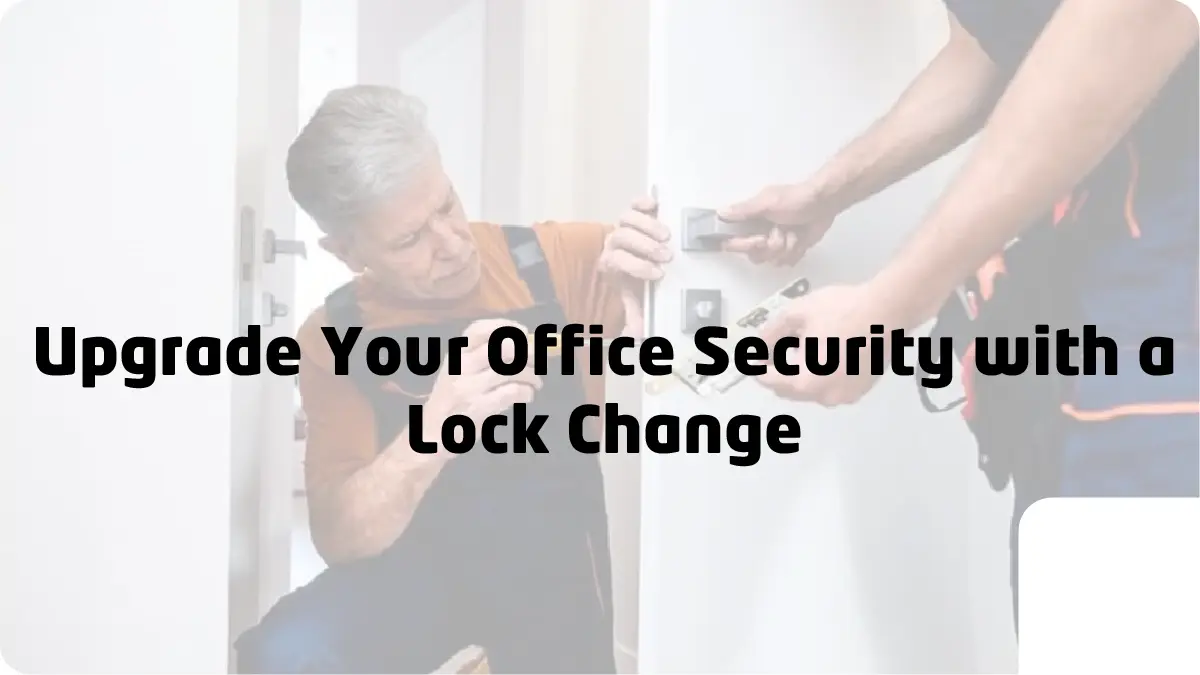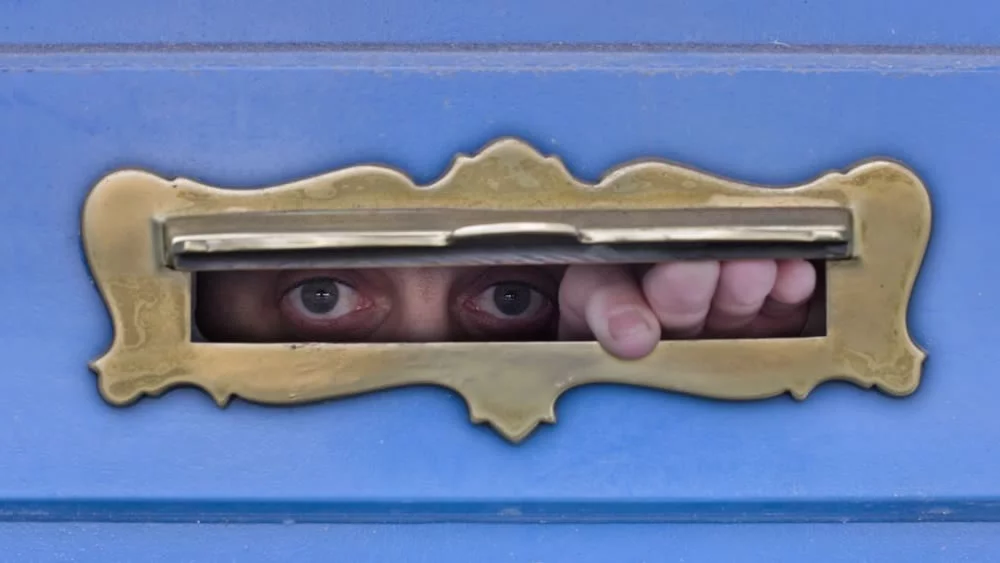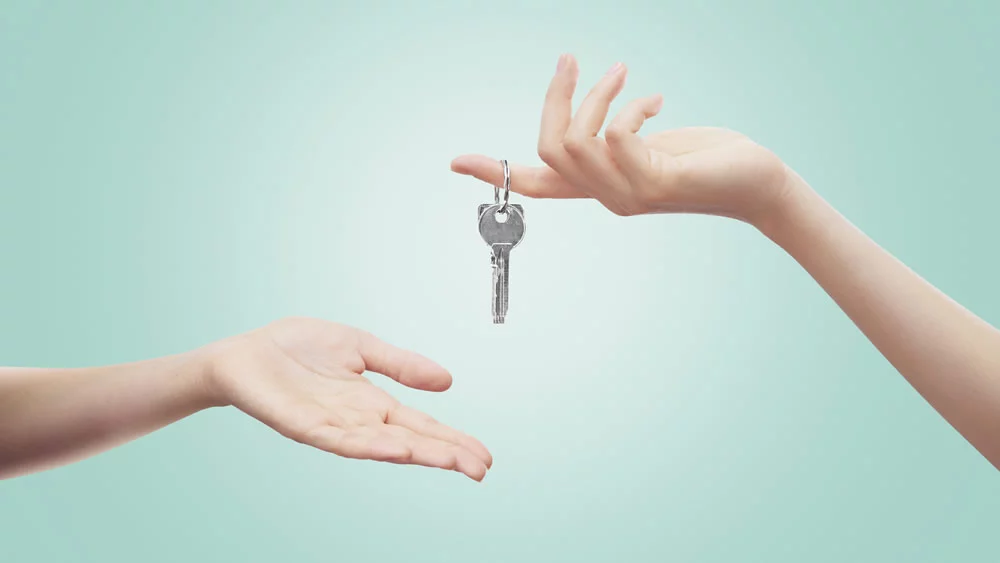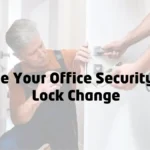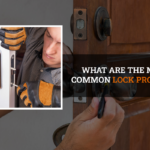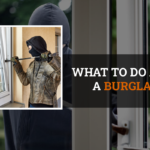Your workplace is more than just a building. Important papers, equipment, and staff safety are in there. One of the simplest and most efficient methods to secure your belongings is to update your locks. Many businesses overlook this step — until something goes wrong. In this detailed guide, we’ve covered: Why office lock change is important When it’s the right time to replace them How a professional locksmith can help secure your business Why Office Lock Changes Matter Office spaces deal with more foot traffic and access than homes. Over time, this puts wear on your locks and increases the chance of faults. A weak or older lock is simple to break. Changing it to a secure option provides you piece of mind. It’s also about control. If past staff, cleaners, or contractors still have copies of your keys, your security is at risk. A simple lock change lets you take back control of who enters your property. That means better safety for your team and your business assets. Modern locks are made to resist forced entry and tampering. If your office still uses outdated or faulty locks, an upgrade is not just helpful — it’s necessary. When to Replace Your Office Locks Several common signs show it’s time for a lock change. If you’ve recently changed staff or lost a key, it’s best to act fast. Waiting too long leaves your office exposed. The lock may operate but not be safe. Sometimes locks stick, jam, or feel loose. This can slow down entry or leave your building unlocked overnight. If your lock is showing wear, don’t ignore it. It could fail when you need it most. Change the lock right away if someone broke in or tried to force it. A damaged lock is not just a weak spot — it’s an open invitation. What a Professional Locksmith Can Do for You A skilled locksmith will check your locks. Then, they’ll suggest the best upgrade for your office. At Towergate Locksmith, we install high-security locks. They guard against tampering and are built to last with daily use. We also offer master key systems for offices with multiple doors. This means one key can open several locks — useful for managers or keyholders. It keeps access simple while maintaining strict security where it counts. Not sure what lock you need? Don’t worry. We’ll explain your alternatives, explain the advantages, and install your locks without disrupting your day. When Security Can’t Wait – Emergency Office Lock Support You need immediate assistance if you’re locked out of your job or a lock breaks. Emergency locksmiths are available quickly. We respond swiftly, analyse the problem, and secure your workplace. We’re here when it counts, morning or night. We employ non-destructive approaches wherever possible. This way, your door and frame stay intact. Your business doesn’t need more stress — we’re here to fix the problem and restore your safety. Choosing the Right Locksmith for Your Office Trust matters when it comes to commercial security. You need a locksmith who knows office needs, works fast, and respects your time and property. At Towergate Locksmith, we proudly serve local businesses. We focus on care and professionalism. Here’s what we bring: DBS-checked team with commercial lock experience Clear, honest pricing with no hidden charges Fast response for both planned visits and emergencies Secure lock fitting to protect your business day and night Secure Your Office the Right Way Lock adjustments improve workplace security simply but effectively. Stop waiting for issues. Protect your business, workers, and future now. We provide free quotations, timely service, and accurate results. Towergate Locksmith can change locks or enhance office systems. Let Towergate Locksmith be your trusted partner in business safety. Call now for a free quote — and experience the difference today.


